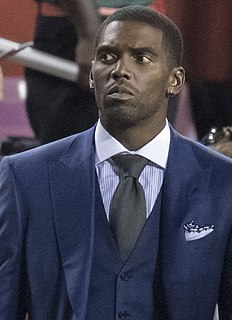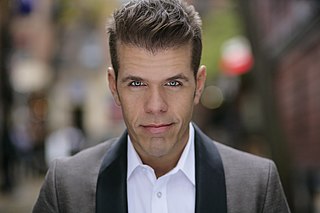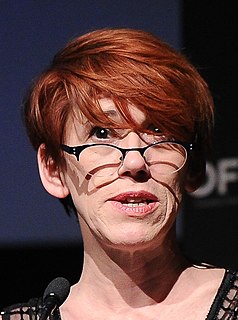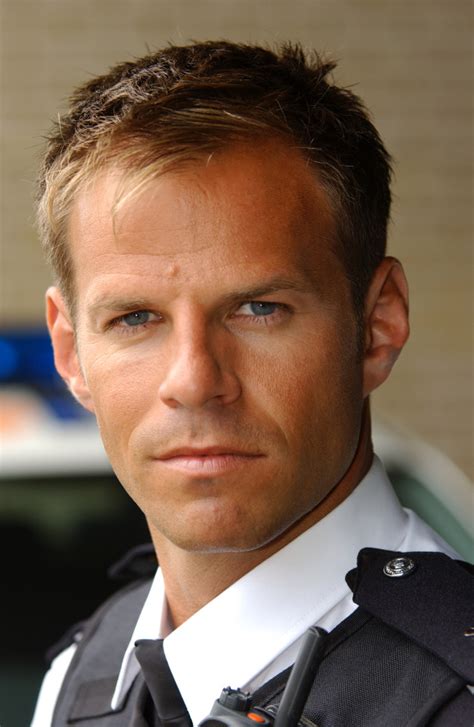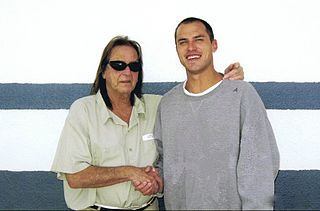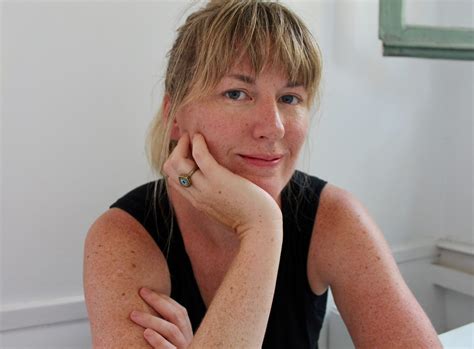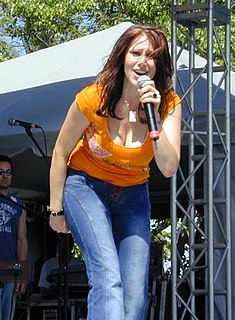A Quote by Rachel Cusk
I don't think I knew that you could be a novelist. I think a lot of my students are in the same condition. I thought it was unreachable, that it was sort of dead people. It took me a long time - I think I was well into novel writing before I really thought, 'Actually, this is a valid pastime.'
Related Quotes
It was a sort of organic thing. I never went, 'I must be an actress.' I thought, 'I think I could do this. I think I could be good at this.' I would just get sort of hungry when I read something I thought I can do well, whether it was in books or in scripts or if I saw a certain movie. It sort of happened quite naturally.
I think about life and death a lot. For the longest time I thought this was it, but then I thought maybe reincarnation does exist and we will all come back. My new thought is either of these could be true, but realistically what is going to happen is when you are dead you are not going to know you are dead, so it's not the end of the world.
All good writers inspire me as I have never thought I was any good. As far as a writer who made me think I could do it, it was Henry Miller. Not because I thought he was so simple that I reckoned I could pull it off as well, but it was his freedom and guts that really moved me to want to write all the time.
In terms of style, I think the memoirist should have a novelist's skill and all the elements of a novelist's toolbox. When I read a memoir, I want to really, deeply experience what the author experienced. I want to see the characters and hear the way they speak and understand how they think. And so in that way, writing a memoir feels similar to writing a novel.
I thought cocaine was a fantastic drug. A wonder drug, like everybody else. It gave you [an] energy burst. You could stay awake for days on end, and it was just marvelous and I didn't think it was evil at all. I put it almost in the same category as marijuana, only hell of a lot better. It was a tremendous energy boost. It gave the feeling, a high, but nobody knew, well maybe a small percentage of people knew. But eventually everybody knew how evil it really was.
I think people feel very comfortable reviewing the idea of me, as opposed to what I've actually written. Most of the time, when people write about one of my books, they're really just writing about what they think I may or may not represent, as sort of this abstract entity. Is that unfair? Not really. If I put myself in this position where I'm going to kind of weave elements of memoir into almost everything, well, I suppose that's going to happen.
My colleagues knew I was writing poems. I never hid it from them. I don't think they ever thought I was cheating on them. So, I think they probably saw it as being rather peculiar, that I was doing that sort of thing, but nobody ever suggested I shouldn't be doing it. I think that would be different on Madison Avenue or Wall Street, where you're really expected to be doing 110 percent for the company.



